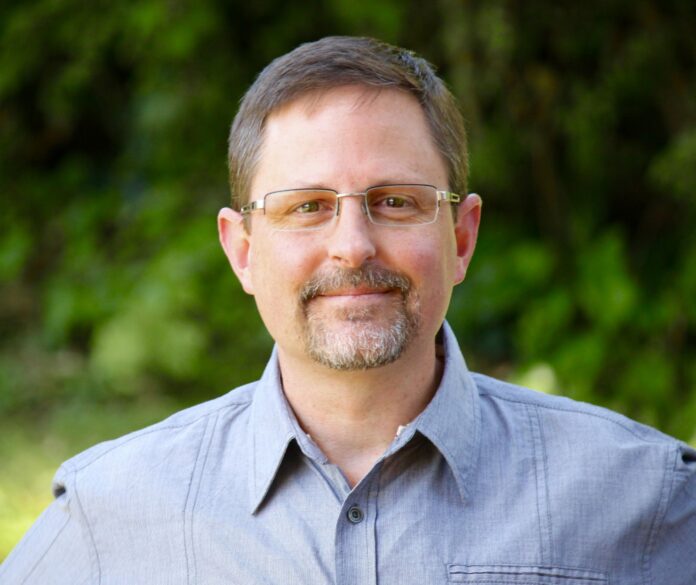In the wake of the Notre Dame fire, billions of dollars were raised in mere hours to restore a burned cathedral, which by its nature cannot last forever. And yet, countless millions of human lives suffer in poverty. To say nothing of the plight of innumerable sinful human souls, which stand vulnerable to the everlasting wrath and judgment of the eternal and infinitely Holy God.
My own heart ached to see Notre Dame burning, and for the historical and cultural loss that it represents. The craftsmanship of that edifice was (and still is) unparalleled. That kind of artisanship simply doesn’t exist anymore, and the architectural works that it produced are unarguably and objectively spectacular. The worldview of Christendom, which assumes the Creator, prioritizes His magnification, and trusts His Word and wisdom, has produced massively significant scientific advancement, cultural enhancement, and beautiful artistic expression. The Notre Dame de Paris is a quintessential exemplar of them all.
Prior to the rise of the Gothic architecture which Notre Dame epitomizes, figures like Bernard of Clairvaux publicly preferred a simpler, less ostentatious form of construction that favored simplicity, and promoted the prioritization of social welfare over ecclesiastical opulence. Many people identify with that simplicity, and in the wake of Notre Dame’s catastrophe have feigned indifference and protested the immediate – and extravagant – pledges to restore it, in light of the ongoing plight of the world’s hungry and impoverished.
Yet, my own soul still resonates with the early medieval mindset that favored heaven above earth, and the worship of the Holy, eternal God above any other earthly or human endeavor. Gone are the days when the Church collectively assumed that to exhort mankind through every available means, to prize the exaltation and worship of the Triune God above all worldly cares, would render societal benefits and blessings that infinitely transcend any reforms that humans could ever envision or hope to enact.
In antiquity, constructing a cathedral designed by its very architecture to draw human faces, minds and souls away from this world and up to the eternal glories and promises of Heaven was deemed worthy of incalculable resources and literally centuries of labor. I wish that we could recover something of that priority today, for from it flows not only the love of God for those who suffer in this world, but especially His love for those who will suffer eternally apart from His redeeming grace.
In the original design and grandeur of Notre Dame, I sense that assumed transcendence which our post-modern culture has all but discarded. And so, my soul ached to see it burn, as it was a potent figure of all that we’ve lost and are losing.
So, too, is the hasty outpouring of worldly wealth for the restoration of Notre Dame. Some have lamented that such quick funding has been prompted by the anguish over a stone edifice, while the anguish for impoverished human lives has long gone unheard. Why the sudden outpouring of massive funding to restore a building, when long has gone unheard the cry to feed and clothe human bodies? If such extravagant funds can so quickly be raised to restore a stone and wood structure, where have they been for the needs of suffering flesh-and-blood people?
Those are good questions; it seems to me.
But a better one is this: Given the outpouring of massive funding and compassion for buildings and bodies, all of which are destined for decay, why the paucity of giving toward Gospel missions, which seeks to proclaim the hope of everlasting life to eternal souls? Bodies surely matter more than buildings. But do not everlasting souls matter more than both?
Would that the world – let alone the Church – valued what God Himself values, who assumed a human body – only to give it over to death – for the salvation of eternal souls. Would that we were so willing to sacrifice for that which He was so willing to sacrifice. Would that we were as quick to part with our earthly treasures – not for mere architectural renovation, or even for physical poverty and hunger – but for that which the Son of God willingly laid down His life. For the Gospel. For human souls. For eternal peace and reconciliation between the Holy God and sinful humans. Perhaps, as we process this recent tragedy, He would have us reevaluate our priorities in light of His purposes and promises of hope.
Steve Watkins is the pastor of Trinity Bible Church on Highway 9. He lives in Felton with his wife and three sons. He can be reached at of****@*******ch.org












